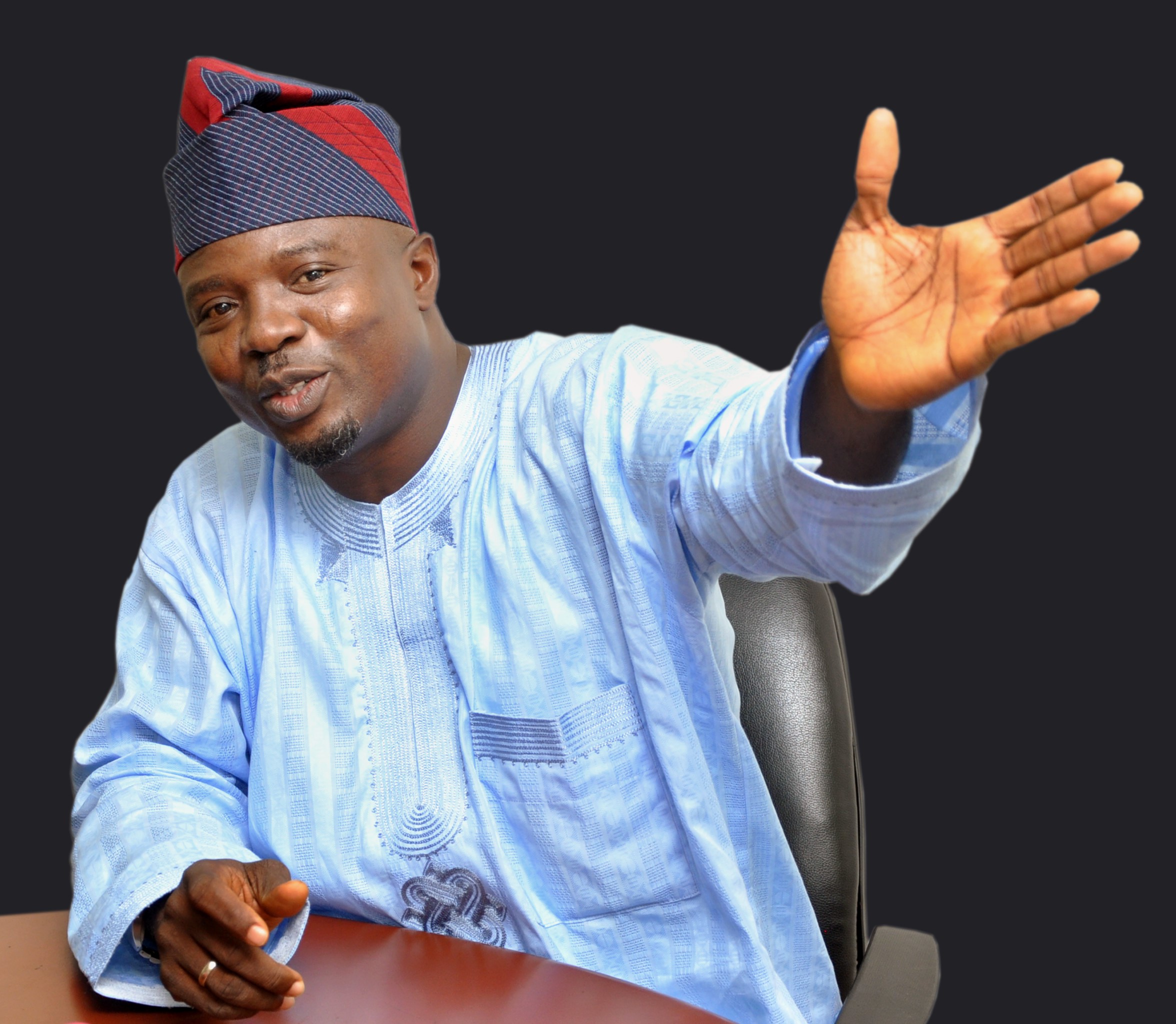Lottery is a legalised and regulated gaming that involves the drawing of numbers for a prize. While lotteries are outlawed by some governments, others endorse it. They even organise national and/or state lotteries.
Unlike betting or gambling which can involve very high stakes, Lottery (Lotto) is mostly a form of entertainment as it involves staking as low as N20 to N100 for very high rewards. It is fun, entertaining and can be very rewarding
It goes without saying that gambling benefits only those directly involved, whereas the proceeds of regulated lottery have been used in many countries for developmental purposes.
As far back as 20BC when the barbarians attacked China and the Chinese Government did not have enough money to build up their defence, they ran a lottery and raised enough money to build up their defences, including the Great Wall of China, one of the Seven Wonders of the World.
Lotteries in colonial America played a significant part in the financing of both private and public ventures. It has been recorded that more than 200 lotteries were sanctioned between 1744 and 1776, and played a major role in financing roads, libraries, churches, colleges, canals, bridges. In the 1740s, the foundation of Princeton and Columbia Universities was financed by lotteries, as was the University of Pennsylvania by the Academy Lottery in 1755.
In South Africa, for instance, 82 percent of the population play lottery, at least, once in a week. In 2012 alone, lottery share of funds to the country’s finances was put at about N141.3 billion.
In Niger Republic, proceeds of lottery were used to build boreholes, fight against desert encroachment, while the many of the lottery winners are sponsored to Mecca to perform the Holy Pilgrimage.
Driven by the spirit of tapping into this viable social economic potential, the Nigerian government via the National Lottery Act of 2000, established the National Lottery Regulatory Commission [NLRC].
According to section 57 of the Act, ‘’Lottery’’ or Lotteries’’ includes any game, scheme, agreement, system, plan, promotional competition or device for the distribution of prizes by lot or chance , or as a result of the exercise of skill and chance or based on the outcome or sporting events, or any other game, scheme, agreement, system, plan, competition or device.
Since its establishment, the commission has issued licences and permits to lottery operators and promoters to grow the market and bring lottery closer to the people.
Lottery is gaining wide acceptance and the huge followership of football in the county has further widened the scope.
This in turn has opened up series of market opportunities in the country for investors, individuals and government. Lottery and other gaming outfits have opened up business and employment opportunities especially for youths. Some open up shops as agents while some are employed to work in these shops. Many unemployed youths who roam the street see lottery and gaming shops as offices. Many of them survive on their little winnings with losers having hope of being winners on subsequent entries.
The global lottery industry is estimated to worth $70 billion. In 2016, it was estimated that Nigerians spent an average of N154bn daily on betting with 7.5 million lottery, and 22 million sports betting players in the country. According to the National Lottery Regulatory Commission (NLRC), projected profit from the promo lottery alone is N45 billion. The SMS lottery can generate about N150 billion revenue, while gaming industry is projected to bring over N300 billion to federal government coffers annually. However, the prospect has not been fully exploited. The industry was only able to yield N7 billion as of 2016.
Today, Nigerians are being advised by the National Lottery regulatory Commission to invest and engage in regulated lottery, as it gives them a platform to contribute to national development while they stand a chance of having a life changing experience via a jackpot.
In the recent past, several betting and lottery companies have acquired licences to operate in the country. One of such is Western Lotto which is entering the Nigerian market with a game changing lottery initiative. The company is introducing pari mutual gaming platforms that offer Nigerians the experience of two of the most exciting lottery brands, namely the Lotto Race and the 6/49, otherwise known as the UK Lotto, among others. Western Lotto is introducing these games as a means of offering adventurous platforms for the gaming public to participate and win big.
While the Lotto Race offers daily winnings, the UK Lotto would have weekly jack pot winners of between N10million to N15million.
Western Lotto’s unique offerings also come with the ease of play. Just pick your six (6) numbers correctly, and you are on your way to winning the jack pot. However, if you match three (3) numbers, you start winning. The games can played via USSD, mobile apps, online, shops and terminals.
On winning, Western Lotto says when anyone wins on any of its gaming platforms, such a person will be notified immediately. He will get a text or email confirming the winning. And a winning code can be paid via the Automated Teller Machine (ATM) of Quick teller (for smaller amounts), or just a walk into any bank branch can redeem such winnings. However, if anyone wins big, he will be given a VIP reception at Western Lotto’s Head Office on Victoria Island, Lagos, where he will be paid or state however he wants to be paid.
The Western Lotto gaming platform is targeted at positive, upbeat, optimistic people who although do not have a lot of money in the now, believe that they are just one game away from making it big.
The increasing acceptance of gaming among Nigerians is an indication that the industry will be one of the major contributors to Nigeria’s economy in the nearest future. And as the government continues to encourage investment in the industry from local and foreign investors such as Western Lotto, the economic horizon will surely continue to broaden, thus providing a fertile ground for social growth and economic empowerment of Nigerians.
Experts have argued that the development of a nation is not only tied to available human capital but equally on its social and economic resources. According to the experts, several developed countries have consolidated on these natural endowments through Lotteries to re-write their history and establish sound economic footing worthy of emulation by the global community.
Lottery, as it has been proved repeatedly, is a social culture that has positively changed the economic fortunes of several nations. These days, the lottery business has also gained acceptance as a growing source of special intervention fund for governments which continue to work out innovative sources of funding alternatives to raising taxes when there are needs to address perceived infrastructural deficits.
***Olumade Akanni is the Director of Strategy at the Citizens Advocacy for Social Emancipation, FCT, Abuja. ***

















